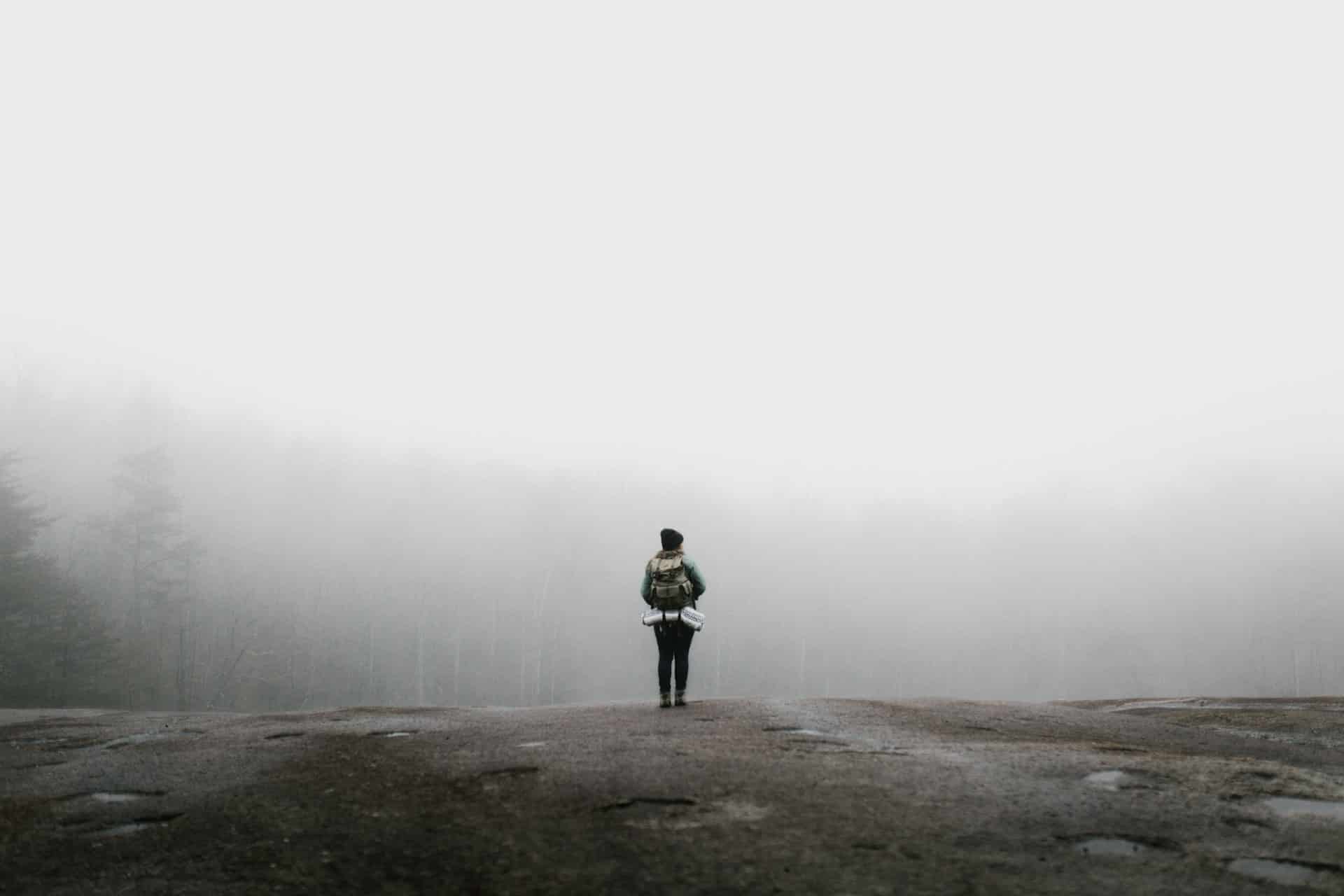What specialized gear should you pack for winter camping in Snowdonia?

In the depths of winter, the wild beauty of Snowdonia reveals a whole new face. The landscape is transformed into a snowy wonderland, the icy peaks rise majestically against the blue sky, and the forests are hushed and still. For those brave enough to face the cold, winter camping in Snowdonia can be an unforgettable experience. But remember, it's not a walk in the park. You need to be adequately prepared for the tough conditions you'll encounter. In this article, we'll look at the specialized gear you should pack to stay safe, dry, and warm during your winter camping trip in Snowdonia.
Waterproof Tent: Your Shield Against the Elements
When you're out in the wild in winter, your tent is your first line of defense against the harsh weather conditions. A good quality, waterproof tent is crucial for keeping you dry and warm. It also provides a safe space to retreat to when the weather turns nasty.
Cela peut vous intéresser : How do you keep your electronics charged while camping in remote UK locations?
Snowdonia's weather can be unpredictable, with heavy rain or snowfall often occurring out of the blue. A waterproof tent will ensure that you're not caught off-guard by sudden changes in weather. Look for a tent that is specifically designed for winter camping, with features like a strong frame to withstand high winds, a rainfly to protect against precipitation, and a vestibule for storing gear.
Make sure the tent has a sturdy groundsheet to keep you dry from below. Snow can melt under your body heat and seep into the tent, making everything wet and cold. A groundsheet acts as a barrier between you and the frozen ground, helping to keep you dry.
Sujet a lire : What are the best UK campsites accessible by public transport?
Warm Sleeping Bag: Your Cocoon of Comfort
In the icy cold of a winter's night in Snowdonia, a warm sleeping bag can be a lifesaver. It will keep you cozy and comfortable, allowing you to rest and recharge for the next day's hike.
Choose a bag that is rated for the lowest temperatures you expect to encounter. Keep in mind that it's always better to have a bag that's too warm than one that's not warm enough. You can always unzip it if you get too hot, but there's no way to make a thin bag warmer.
Look for a sleeping bag with a mummy shape, which is designed to be close-fitting to trap heat more efficiently. A draft collar and a hood that can be pulled tight around your face will also help to keep the cold air out and the warm air in.
Insulating Clothing: Your Armor Against the Cold
Dressing appropriately for winter camping in Snowdonia is crucial for keeping warm and dry. Layering is key. Start with a base layer of thermal underwear that will wick sweat away from your skin. Over this, wear an insulating layer of fleece or down to trap heat. Finish with a waterproof and windproof outer layer to shield you from the elements.
Don't forget about your extremities. A good pair of insulated gloves, a warm hat, and waterproof boots are essential. They will help to keep your fingers, toes, and head warm, which can make the difference between a comfortable camping trip and a miserable, chilly ordeal.
Hydration and Nutrition: Your Fuel for the Journey
Staying hydrated and well-fed is just as important in cold weather as it is in warm. Your body uses up a lot of energy trying to stay warm, so you need to make sure you're replacing those calories. Pack high-energy foods like nuts, dried fruit, and energy bars.
As for hydration, in snowy conditions, you may be tempted to eat snow to quench your thirst. However, this isn't a good idea. It takes a lot of energy to melt the snow in your stomach, which can leave you feeling colder. Instead, melt the snow over your camp stove and drink it as warm water.
Emergency Equipment: Your Lifeline in a Crisis
Last but not least, don't forget to pack emergency equipment. A first aid kit, a whistle, a headlamp, and a navigation device are all essential items. You should also consider bringing a satellite phone or a personal locator beacon, especially if you're planning on camping in more remote parts of Snowdonia.
Remember, the whole point of camping is to get away from the hustle and bustle of everyday life and enjoy the natural beauty around you. Prepare well, pack the right gear, and you'll be able to fully immerse yourself in the stunning winter landscape of Snowdonia, confident that you have all you need to stay safe and comfortable.
Essential Tools for Winter Conditions: Your Key to Safe Exploration
Venturing into the snow-laden terrain of Snowdonia requires more than just basic camping gear. The challenging winter conditions necessitate specific tools designed to help you navigate safely and enjoy the experience of wild camping.
First on your packing list should be an ice axe. This tool is invaluable when traversing steep, icy slopes or crossing frozen rivers. It's not just a good idea – it's a lifesaver. An ice axe allows you to create footholds or handholds, allows you to self-arrest if you slip, and can even be used as a makeshift anchor.
Crampons, which are attached to your boots to provide traction on icy surfaces, are another vital piece of equipment. They help to stabilize your footing and prevent you from slipping, crucial for winter walking in Snowdonia's icy terrains.
Snow goggles are equally important. The glare from the snow can be intense and may lead to snow blindness, a temporary, but painful, loss of vision. Snow goggles protect your eyes, improve visibility, and make your journey more comfortable.
A head torch is another must-have item. Winter days in Snowdonia are short, and you may find yourself setting up camp or navigating in the dark. A head torch frees up your hands for other tasks and makes sure you can see and be seen.
Lastly, pack a multi-tool or a camping knife. These versatile tools can be used for a variety of tasks, from preparing food to emergency repairs.
Eco-Friendly Practices: Your Pledge to Leave No Trace
Winter camping in Snowdonia is a privilege, and it's important to respect the environment to ensure future generations can enjoy the same experience. Adopting eco-friendly practices during your camping trip is more than a good idea; it's a responsibility we all share.
One key principle of eco-friendly camping is the 'leave no trace' philosophy. This means leaving the site as you found it, or better. Always carry dry bags for your rubbish and dispose of it properly.
When it comes to human waste, use a trowel to dig a hole at least 15cm deep and at least 50m from water sources. After use, the hole should be covered and disguised.
Use a camping stove instead of lighting a fire. Not only is this safer, but it also minimises your impact on the environment.
Also, when wild camping, remember to be considerate of wildlife. Keep a respectful distance and avoid disturbing animals.
Conclusion: Your Guide to a Memorable Winter Adventure
Winter camping in Snowdonia offers an unparalleled experience of wild beauty that is worth every bit of the extra preparation. With waterproof tents, warm sleeping bags, layers of insulating clothing, nutritious food, and a host of specialized tools, you're well-equipped to face the winter conditions.
Eco-friendly practices are the backbone of sustainable wild camping. Your adherence to these principles helps preserve the pristine nature of Snowdonia.
Remember to always prioritize safety. This includes having an aid kit on hand and making sure you're visible and can call for help if needed.
The beauty of Snowdonia in winter is a sight to behold. With the right gear and preparation, you can fully immerse yourself in this snowy wonderland, creating memories that will last a lifetime. Safe travels, and enjoy your winter camping trip!
